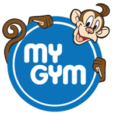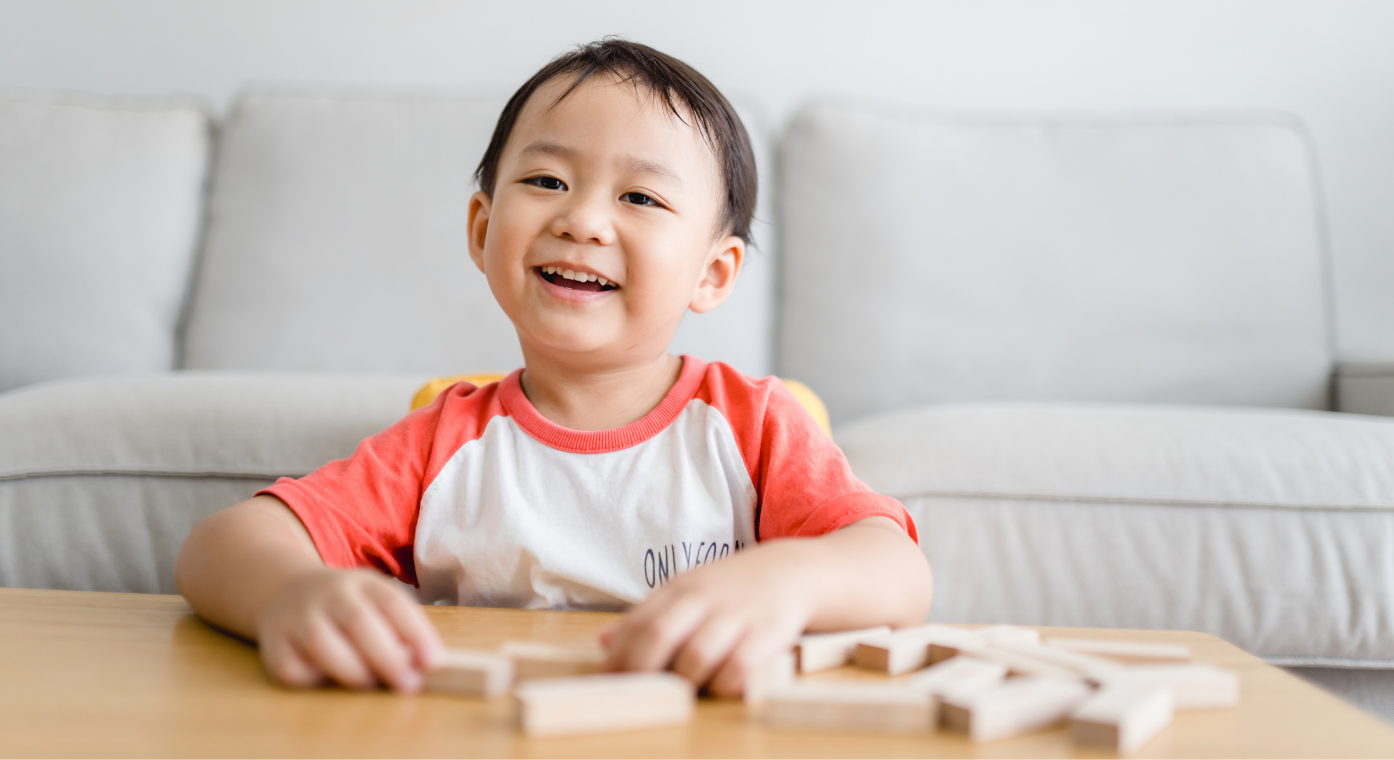Playgroup activities for brain building!
Why is play so important for child development? Play gives children sensory, physical and cognitive experiences. It is these experiences which build connections in the brain — helping children develop physically, cognitively, socially and emotionally. Play makes ‘fireworks’ go off in the brain. Builds neural networks!
Playgroup class activities comes before formal learning can begin. Enables the individual child to develop her self-worth. Being physically active every day is critical for the healthy growth and development of babies, toddlers and preschoolers. Play is fundamental to your child’s wellbeing, it is her birthright!
Ensure all-round development
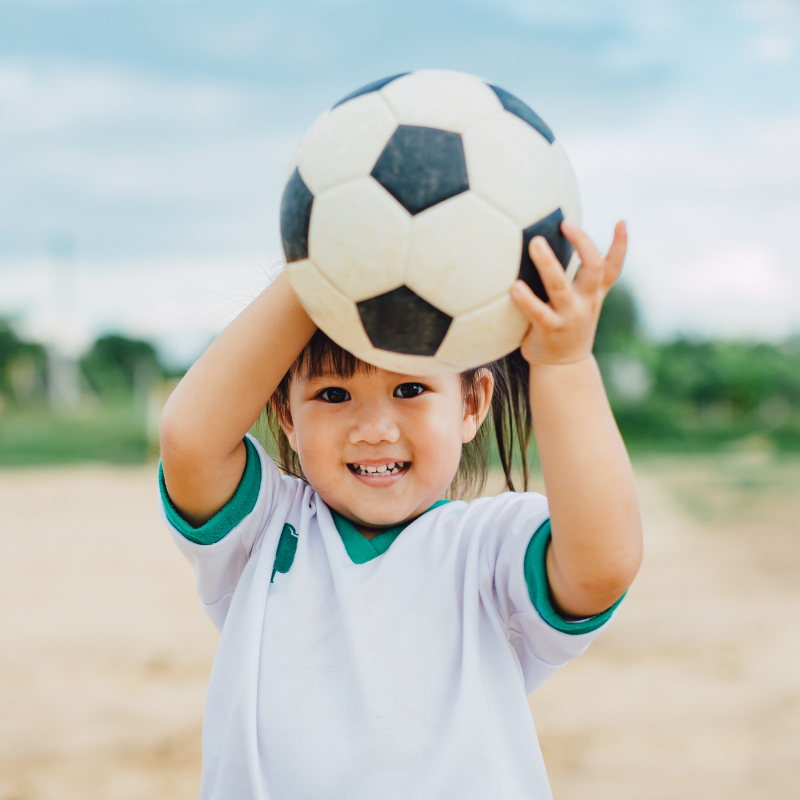
Enrichment classes for preschoolers aimed at early childhood development, strengthen the powers of concentration, so very essential for a child’s success at school, and underpins everything from learning social interactions and norms to the beginnings of scientific thinking. They also nurture development in terms of language, emotional intelligence, and creativity.
To make play engaging and an immersive experience, early childhood development needs to be fun and enjoyable and have no set goals that have to be achieved. It has to be spontaneous, promote active interactions and involve an element of make believe.
Physically active children do better at school, adjust to new environments easily and quickly, as well as focus and remain attentive in the classroom. Lack of enough physical activity, however, leads to numerous health issues — obesity, weak muscle strength, absence of stamina and an increase in stress and anxiety levels.
Best practices & advise
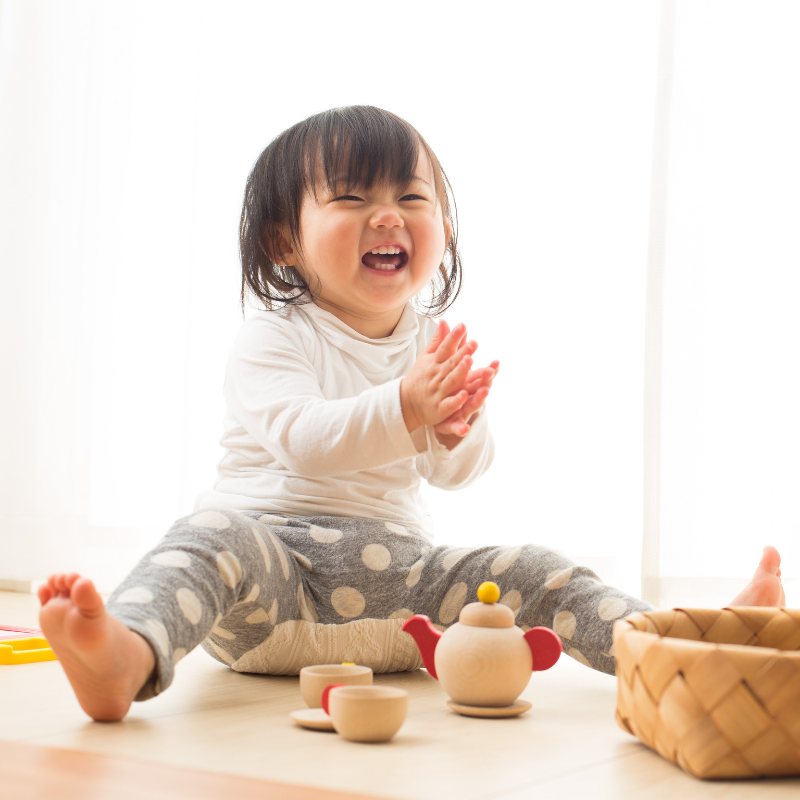
Make sure your toddler remains active for at least 90 minutes during her waking time. She should not be left idle for more than an hour at a stretch. Ideally, the allotted time for physical activity can be divided equally between indoor and outdoor play.
Free play, as the phrase implies is when children are free to participate in any play that is of interest to them. The objective of enrichment classes for preschoolers is to keep your child moving and when involved in group play, and avoid games that exclude children from the activity.
Try not to micromanage their time, this rubs children the wrong way. They don’t like to be told what they can do and cannot do. Give them the space to pursue what they like. Apart from setting a few rules before they start playing, it is best to leave them to themselves.
Toddlers are naturally active
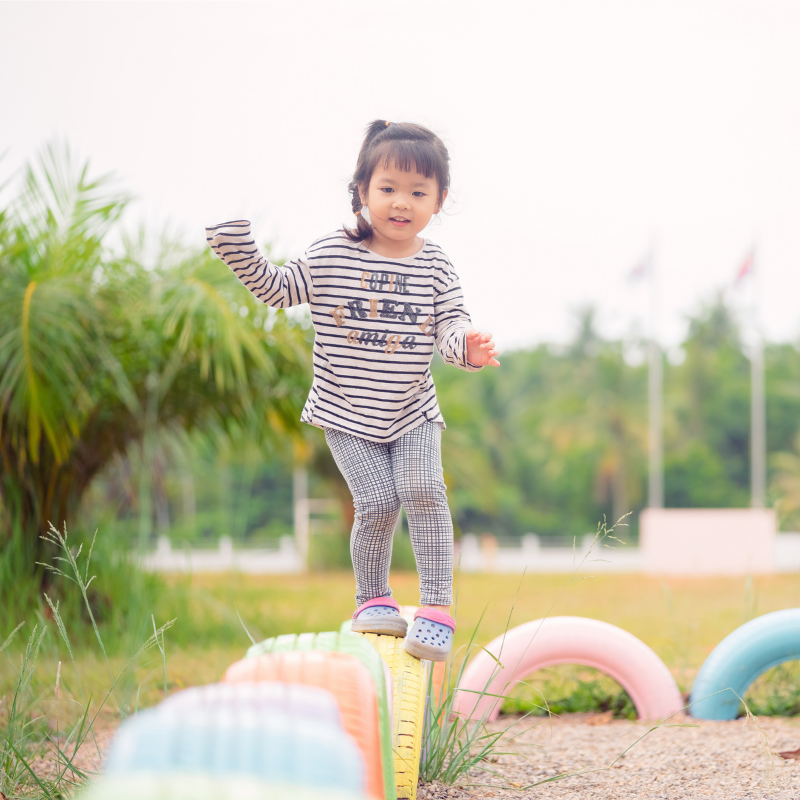
At their age, children are always in motion and are generally having a great time. Which is why enrichment classes for preschoolers provide as many opportunities to learn through play as possible.
The aim is to develop gross motor skills, which means getting them to use their major muscles in their legs and arms to do things like run, jump, spin, tumble and climb. As toddlers are just beginning to learn these movements, it is advisable to give them a lot of practice.
There are many play ideas for toddlers that are not only exciting but also good for physical development without any equipment and can be done at home.
Row, Row, Row Your Boat
This is simple and fun at the same time. In this exercise, children sit facing each other with their feet touching. They move holding hands and lean forward and backwards in a rowing action while singing the classic, “Row, Row, Row Your Boat.”
Play hide & seek to music
Select and play a music track on your mobile, and while you ask the children to close their eyes, hide it. Get them to figure out where the music is coming from and don’t forget to join them in the search. This will be a great hit with children and will keep them moving. Have fun!
Walk & talk like an animal
Get your toddler on her hand and knees and move, stretch and imitate an animal of her choice. She can hop like a rabbit or waddle like a duck or walk and pounce like a tiger. Ask her to arch her spine, roll on her back, stretch as high as she can. If it is a group play, get each child to select his or her favourite animal. Keep the children engaged and moving by using their entire body in an exaggerated way. Loads of fun is in store for everyone.
Play for preschoolers
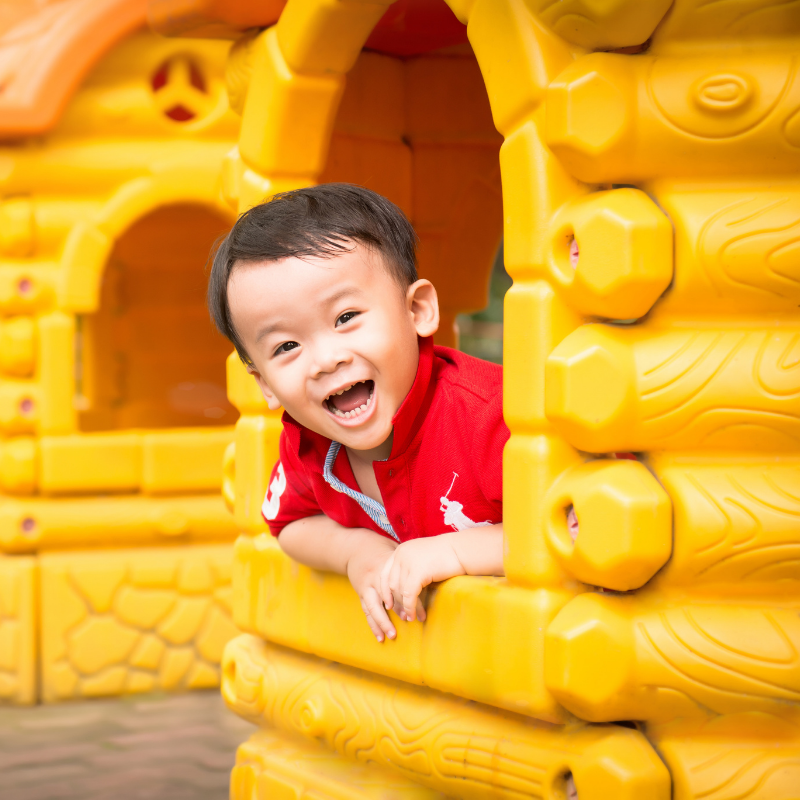
It is easy to adapt play meant for toddlers, but it will be much better for preschoolers to take part in fun and educational play activities more suited to their needs and interests. Here are a few fitness ideas and games to get you started. Let the fun begin!
Moving around real fast
The “Duck, Duck, Goose” is a perfect indoor physical activity for preschoolers. Ideal for those who are four years old and up. No equipment is necessary. There is no limit to the number of players you involve, but four player will be the minimum you’d need.
To start the play, make the children sit around in a circle. Call one child “It.” She stands up and walks around the circle, tapping the heads of each player and calling every player she touches “Duck” until she decides to change and call one player “Goose.”
Instantly, “Goose” will stand up and chase “It” around the circle. “It” has to reach the spot where “Goose” was sitting before “Goose” catches up with her. And if “It” reaches the spot before getting tagged, “Goose” becomes “It.” But if “It” gets tagged before reaching the spot, she has to sit in the middle of the circle until a new “It” is tagged. Duck, Duck, Goose is great fun and thrilling to see how agile and fast children are on their feet.
Red…yellow…and green
Another group activity for preschoolers is the “traffic signal” game. It can get children really charged up and also get some basic road safety rules across in simple and easy to remember ways. To get the rolling, line up all the children, standing side by side and facing you. You stand at the other end of the room, facing the children. Call out “green” and all the players run towards you until you say “red!” aloud. They freeze in their tracks. To get them moving again, yell “yellow” and each child begins to move slowly. Then you say “green” excitedly, making the children run at full tilt. The game ends when all the children come onto your side. Simple, easy and fun!
Circling the chairs
Adapt the musical chair version to make sure no one loses. And keeps every child moving and having fun. Place chairs in a row facing outward. Have the children sing a short rhyme while circling the chairs. When the song is over, the children sit in the chair closest to them. Keep changing the movement with every new song. Telling them they can hop, skip, and jump or crawl. Keep the children engaged and active.
About My Gym
Playgroup & Preschool Programs at My Gym make sure young children have experiences that feel fun, positive and give them a sense of confidence. Apart from this, children who are more physically active are happier, more resilient and become more trusting of others.
The benefits of regular exercise help and the enrichment classes for preschoolers assist the brain form stronger neural networks; strengthen fine and gross motor skills; build strong muscles and bones; maintain a healthy weight, and help beat screen addiction. Physically active children are also more likely to stay motivated, focused, and successful in school.
My Gym provides excellent physical activity for toddlers, preschoolers, and young children. We also ensure children play in a safe environment, involve themselves in quality physical activity while expending their energy.
Frequently Asked Questions
How can I improve my child’s brain activity?
Playgroup program is focused at providing enriching sensory, physical, cognitive, social and emotional experiences through a set of fun-filled learning activities for toddlers and preschoolers. These enriching experiences strengthen neural connections in the brain right from the start, which makes kids retain knowledge efficiently as they grow and learn new lessons. Play based learning activities are effective in making kids become more active, open-minded and observant so that they can easily adapt into the preschool environment.
How do preschool activities help child development?
During the early stages of child development, enriching playgroup activities support early learning by improving concentration levels, instilling critical thinking skills, enhancing self-expression skills, sharpening fine-motor skills and igniting a creative spark in kids. Engaging toddlers in preschool activities promotes physical, cognitive, social and emotional development in the early childhood period where kids begin to discover and observe the world around them while they get ready to venture into a formal preschool experience.
What should be taught in playgroup?
Playgroup activities are designed on the basis of four fundamental domains of child development including physical, cognitive, social and emotional skills. Enriching playgroup activities facilitate the formation of stronger neural networks in the brain, besides sharpening gross-motor and fine-motor skills in toddlers. Sorting, tumbling, balancing, reading, painting, singing rhymes, puppetry, group-discussions are some of the popular playgroup activities.
What is the right age for playgroup?
Toddlers that belong the age-group of 19 months to 4.5 years are eligible for preschool preparation programs in Singapore. Playgroup activities are designed to enhance their physical, cognitive and social capabilities as well as ensure holistic development in early childhood. Through play-based learning activities that include both structured and free-play plans, kids are inspired to explore both academic and social lessons in interesting ways that boosts their confidence levels and strengthens concentration power.
What kind of activities do preschoolers need?
Enriching playgroup activities are the perfect mix of structured educational learning experiences as well as free-play plans that foster physical, cognitive, social and emotional development during early childhood. Indulging in outdoor games with peers, singing rhymes, identifying colors and alphabets along with unique discovery and integrated programs promotes holistic growth in toddlers while they get ready for an incredible preschool experience.
How can fine motor skills help children in their play?
Kids rely on fine motor skills to make precise movements such as drawing, colouring, eating and in a range of play activities including puzzle-solving, building blocks, doll decoration and using digital gadgets. Outdoor sport activities like gymnastics, jumping, running or tumbling mainly strengthen the gross-motor skills in children, whereas fine-motor skills can be enhanced through indoor play activities like show & tell. Language or art skills enhance cognitive and self-expression capabilities.
How can using play skills help contribute to a child’s social and emotional development?
Play equips children with fundamental skills that are acquired based on sensory, physical and cognitive experiences which enable the formation of neural networks in the brain during early childhood development. Learning activities for toddlers and preschoolers are directed towards increasing concentration power, enhancing self-expression, igniting creativity, boosting confidence and harnessing the innate potential of kids that promotes social and emotional development during early childhood stages.
What are the cognitive benefits of play?
Play is considered to be a vital element of every preschool enrichment program that extends beyond fun-filled mode of learning. When kids step outside to play, they observe and learn new things about their immediate environment and gain various social experiences which contribute to the formation of neural networks in their brain. As a part of preschool cognitive development, play activities promote holistic growth during early childhood development.

